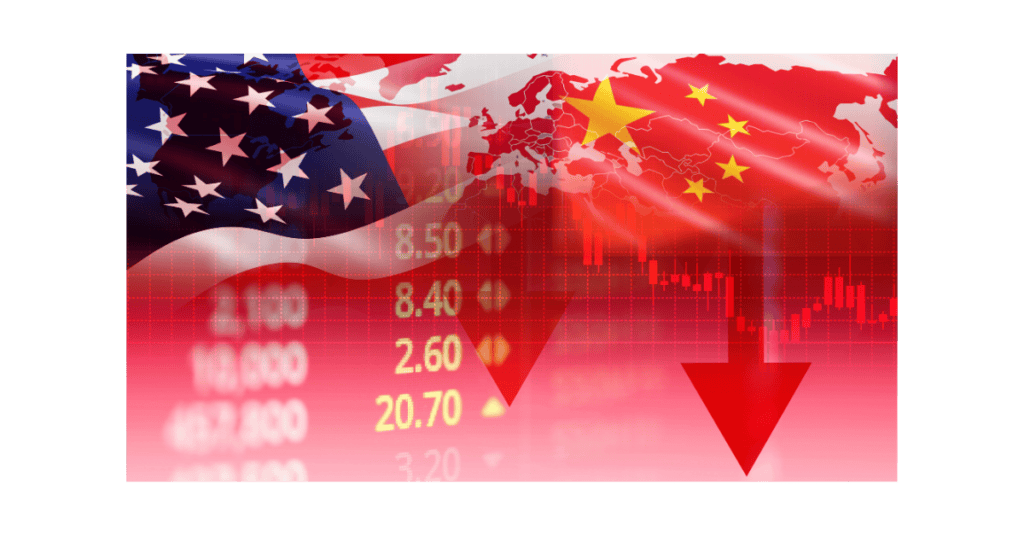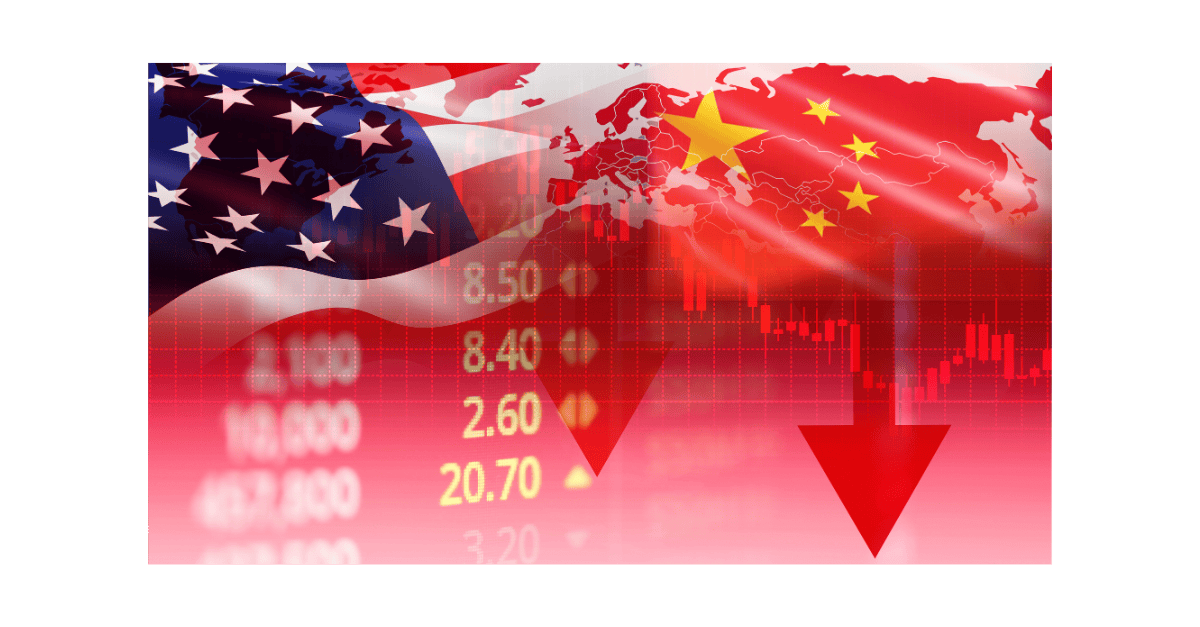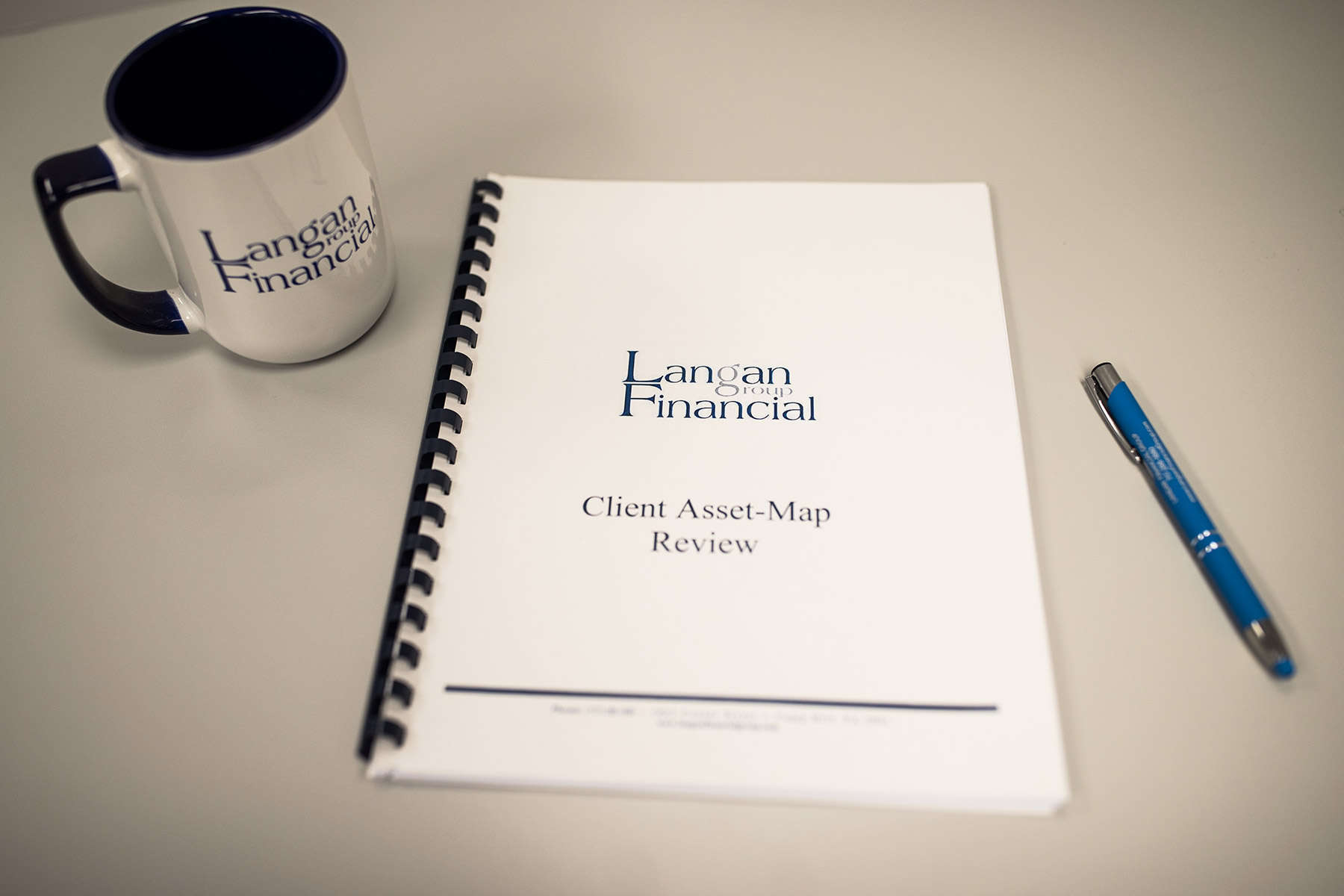The U.S. economy in 2025 faces a mix of challenges and opportunities, shaped by rising inflation, market volatility, tariff policies, and recession risks. Below is an overview of the current situation, its implications for individuals, and strategies to navigate these uncertainties as of the morning of March 12th, 2025.

March Key Economic Trends
- Inflation:
- Inflation is projected to rise to 2.5%-3% in 2025, driven by tariffs on imports from Canada, Mexico, and China, as well as tight labor markets.
- Core inflation (excluding food and energy) is expected to reach 2.7%-3%, impacting consumer prices for essentials like food and shelter.
- Stock Market Volatility:
- The S&P 500 has experienced significant fluctuations, with bearish predictions for the year-end due to stagnant corporate earnings and inflationary pressures.
- Key sectors like semiconductors have entered correction territory, reflecting broader market uncertainty.
- Recession Risks:
- Indicators such as an inverted yield curve, declining consumer confidence, and reduced GDP growth forecasts suggest a heightened risk of recession in 2025.
- The Atlanta Fed projects negative growth for Q1 2025, though the probability of a full-year recession remains uncertain at around 40%.
- Tariff Impacts:
- New tariffs (25% on Mexico/Canada imports, 10% on Chinese goods) are increasing costs for businesses and consumers.
- These measures have contributed to market instability and raised concerns about long-term economic growth.
- Government Spending:
- The U.S. budget deficit is projected to reach $1.9 trillion in 2025, adding fiscal pressure amidst rising interest rates and inflation.
Economic Impact for Individuals
- Young Investors:
- Rising inflation erodes purchasing power and savings.
- Stock market volatility may present opportunities to buy undervalued assets but requires caution due to recession risks.
- Near-Retirees:
- Market downturns could jeopardize retirement portfolios.
- Fixed-income investments may offer stability but could underperform if inflation remains high.
- General Consumers:
- Higher prices for goods and services will strain household budgets.
- Elevated consumer debt levels (credit cards, auto loans) may exacerbate financial stress.
Strategies to Protect Investments
For Young Investors:
- Diversify Portfolios: Allocate investments across stocks, bonds, and alternative assets like real estate or commodities.
- Focus on Growth Sectors: Consider industries with long-term potential (e.g., technology or renewable energy).
- Maintain Liquidity: Keep an emergency fund to navigate potential job market disruptions.
For Near-Retirees:
- Rebalance Portfolios: Shift toward conservative investments like bonds or dividend-paying stocks.
- Consider Inflation-Protected Securities: Treasury Inflation-Protected Securities (TIPS) can safeguard against rising prices.
- Delay Retirement if Possible: Extending work years can mitigate losses from market downturns.

Economic Lookout: What to Watch For
- Federal Reserve Policy:
- Monitor interest rate decisions as the Fed balances inflation control with economic growth.
- Economic Indicators:
- Keep an eye on GDP growth rates, unemployment trends, and consumer confidence indices for signs of recession or recovery.
- Geopolitical Developments:
- Trade disputes and global conflicts (e.g., Russia-Ukraine) could further disrupt markets or supply chains.
Navigating Economic Challenges and Opportunities
- For Consumers:
- Budget carefully to account for rising costs of living.
- Reduce high-interest debt to avoid financial strain during economic slowdowns.
- For Businesses:
- Adapt supply chains to mitigate tariff impacts.
- Focus on operational efficiency to sustain profitability in a slower-growth environment.
While the economic outlook for 2025 presents significant challenges—ranging from inflationary pressures to potential recession risks—it also offers opportunities for strategic investment and adaptation.
By staying informed and proactive, individuals can better safeguard their financial well-being in this uncertain environment.
About the Financial Planning Author

Alexander Langan, J.D, CFBS, serves as the Chief Investment Officer at Langan Financial Group. In this role, he manages investment portfolios, acts as a fiduciary for group retirement plans, and consults with clients regarding their financial goals, risk tolerance, and asset allocation.
With a focus on ERISA Law, Alex graduated cum laude from Widener Commonwealth Law School. He then clerked for the Supreme Court of Pennsylvania and worked in the Legal Office of the Pennsylvania Office of the Budget, where he assisted in directing and advising policy determinations on state and federal tax, administrative law, and contractual issues.
Alex is also passionate about giving back to the community, and has participated in The Foundation of Enhancing Communities’ Emerging Philanthropist Program, volunteers at his church, and serves as a board member of Samara: The Center of Individual & Family Growth. Outside of work and volunteering, Alex enjoys his time with his wife Sarah, and their three children, Rory, Patrick, and Ava.
About Langan Financial Group: Financial Advisors
Langan Financial Group is an award-winning financial planning firm with offices in York, Pennsylvania and Harrisburg, Pa.
With over 100+ 5-star reviews, Langan Financial Group is an independent financial planning firm established in 1985, offering a broad range of financial planning services.
With an open architecture platform, our advisors have access to a diverse range of products, free from any sales quotas.
Our team of 9 financial experts, each with unique specialties, enhances our ability to focus on delivering value to our clients.
Disclosure
The content is developed from sources believed to be providing accurate information. The information in this material is not intended as tax or legal advice.
Please consult legal or tax professionals for specific information regarding your individual situation.
The opinions expressed and material provided are for general information, and should not be considered a solicitation for the purchase or sale of any security.
Securities offered through Cambridge Investment Research, Inc., a Broker/Dealer, Member FINRA/SIPC.
Investment Advisor Representative, Cambridge Investment Research Advisors, Inc. a Registered Investment Advisor. Cambridge and Langan Financial Group, LLC are not affiliated.
Cambridge does not offer tax or legal advice.




